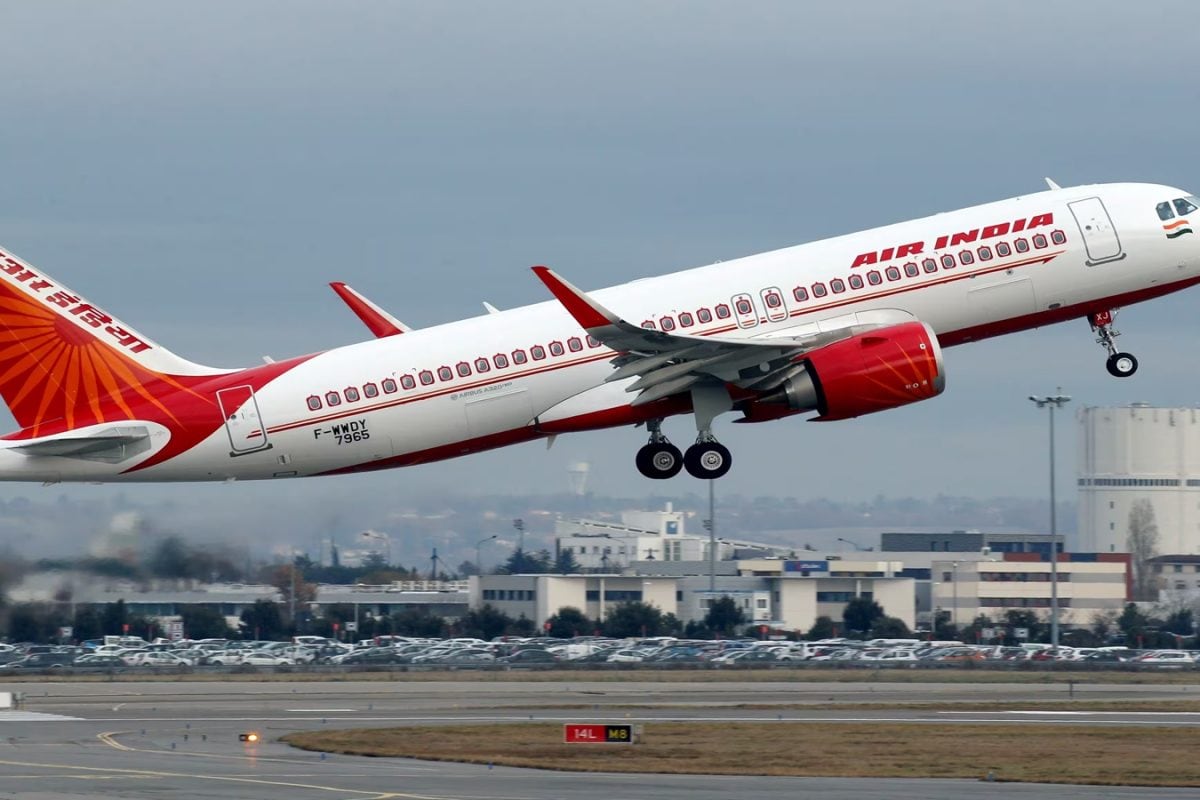

Air India is facing increased scrutiny from the Directorate General of Civil Aviation (DGCA) following a recent audit that revealed a multitude of safety lapses. The audit, prompted by concerns over the airline's safety protocols, uncovered approximately 100 violations, including 7 critical safety breaches. These findings have raised serious questions about the Tata Group-owned carrier's commitment to maintaining the highest safety standards.
The DGCA's audit, conducted in July, identified 51 specific safety lapses within Air India's operations. These lapses span a wide range of critical areas, including pilot training, flight simulator usage, and crew rostering. The audit highlighted "recurrent training gaps" among some Boeing 787 and 777 pilots, who had not completed mandatory monitoring duties. These duties involve observing cockpit instrument operations before commencing actual flying. Furthermore, the airline reportedly used unapproved flight simulators for training purposes and failed to conduct proper route assessments for Category C airports, which pose unique challenges due to their layouts or terrain. The DGCA suggested this could lead to inadequate safety considerations during approaches to these airports.
The DGCA's 11-page confidential audit report classified seven of the identified breaches as "Level I" violations, demanding immediate corrective action by July 30. The remaining 44 non-compliance issues must be resolved by August 23. These include issues such as inconsistencies in door and equipment checks, gaps in training documentation, and the absence of chief pilots for the Airbus A320 and A350 fleets. The report also criticized Air India's rostering system, noting it "doesn't give a hard alert" if a minimum number of crew members are not deployed on a flight. It was found that at least four international flights had flown with insufficient cabin crew.
Air India is already under pressure due to previous warning notices related to operating flights without proper emergency equipment checks, delays in replacing engine parts, falsification of maintenance records, and neglecting crew fatigue protocols. In response to the DGCA's findings, Air India stated it was "fully transparent" during the audit and will submit a response to the regulator within the stipulated timeframe, detailing the corrective actions taken.
The timing of the audit is particularly sensitive, coming shortly after a preliminary report on the Air India plane crash in Ahmedabad, which killed 260 people, pointed to confusion among the pilots and fuel control switches being flipped to "cut off" shortly after take-off. Although the annual audit is reportedly not linked to the investigation of the deadly crash, it adds to the growing concerns surrounding the airline's safety practices. The DGCA has requested evidence from Air India demonstrating compliance with all safety protocols.